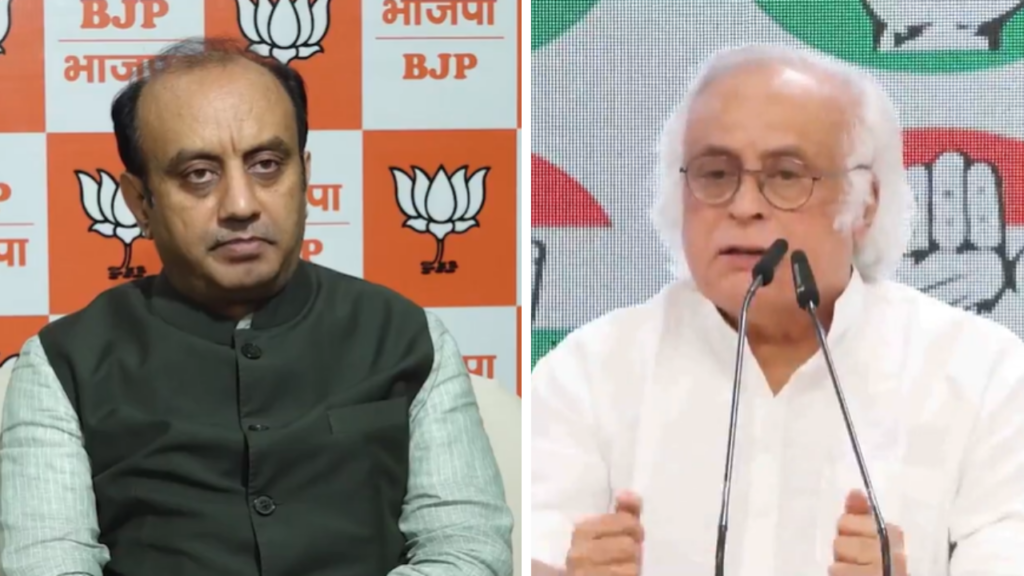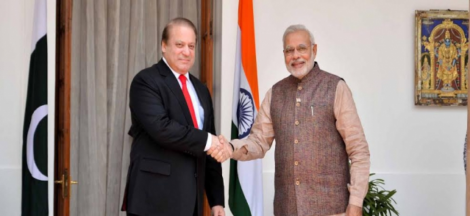
Senior Congress leader and Member of Parliament Jairam Ramesh has accused the Bharatiya Janata Party of politicising Operation Sindoor, India’s military response to the Pahalgam terror attack, by leveraging it for electoral gain. Ramesh’s remarks come amid reports that Prime Minister Narendra Modi is planning to convene a meeting with Chief Ministers of National Democratic Alliance -ruled states to discuss the operation and India’s subsequent actions.
Operation Sindoor, conducted on the night of 6–7 May, involved precision airstrikes by the Indian Air Force targeting nine locations in Pakistan and Pakistan-administered Kashmir. The operation was a direct response to the 22 April Pahalgam attack, which resulted in the deaths of 26 civilians. Indian authorities attributed the attack to Pakistan-based militant groups.
The Indian government stated that the strikes were aimed at dismantling terrorist infrastructure, with Defence Minister Rajnath Singh reporting that over 100 militants were killed. Among the targets were facilities linked to Jaish-e-Mohammed, including the group’s headquarters in Bahawalpur. The operation lasted approximately 23 minutes and utilised Rafale fighter jets equipped with SCALP cruise missiles and HAMMER bombs.
In the aftermath of the strikes, Pakistan launched retaliatory attacks targeting 15 Indian cities, including Amritsar, Jammu, and Srinagar. These attacks involved drones and missiles aimed at military installations. India’s air defence systems, including the S-400 missile system, successfully intercepted and neutralised the threats. However, cross-border shelling by Pakistan resulted in civilian casualties, with 16 Indian civilians reported dead.
The escalating tensions prompted international concern, leading to a ceasefire brokered by the United States. U.S. Secretary of State Marco Rubio engaged in diplomatic efforts with both Indian and Pakistani officials, culminating in a ceasefire agreement on 10 May. President Donald Trump announced the cessation of hostilities, commending both nations for their restraint.
Despite the ceasefire, political discourse within India has intensified. Jairam Ramesh criticised the BJP for allegedly using Operation Sindoor as a political tool, stating that the government’s actions are being framed to bolster its image ahead of upcoming elections. He expressed concern over the potential meeting between Prime Minister Modi and NDA Chief Ministers, suggesting it may serve more as a political strategy than a security briefing.
The BJP has not officially responded to Ramesh’s allegations. However, party representatives have emphasised the government’s commitment to national security and its right to respond decisively to acts of terrorism. Prime Minister Modi, in his address following the operation, stated that India would continue to monitor Pakistan’s actions and that any dialogue would focus solely on terrorism and the status of Pakistan-administered Kashmir.
International reactions to Operation Sindoor have been mixed. China described India’s military action as “regrettable” and urged both nations to exercise restraint. Conversely, several Islamic nations, including Saudi Arabia, the United Arab Emirates, and Bangladesh, expressed support for India’s right to self-defence and condemned terrorism in all forms.
Domestically, the operation has led to economic repercussions. In Udaipur, a major hub for the marble industry, businesses have suspended imports worth ₹3,000 crore from Turkey in response to Turkey’s support for Pakistan during the conflict. The Udaipur Marble Processors Committee has appealed to the Prime Minister to officially sever trade ties with countries supporting Pakistan.
The situation has also seen a surge in misinformation, with Pakistani media and government-affiliated sources disseminating unverified claims about the conflict. Indian officials have countered these narratives, emphasising the precision and restraint of their military operations and the importance of accurate information dissemination.




 President Questions Supreme Court’s Authority on Deadlines
President Questions Supreme Court’s Authority on Deadlines 